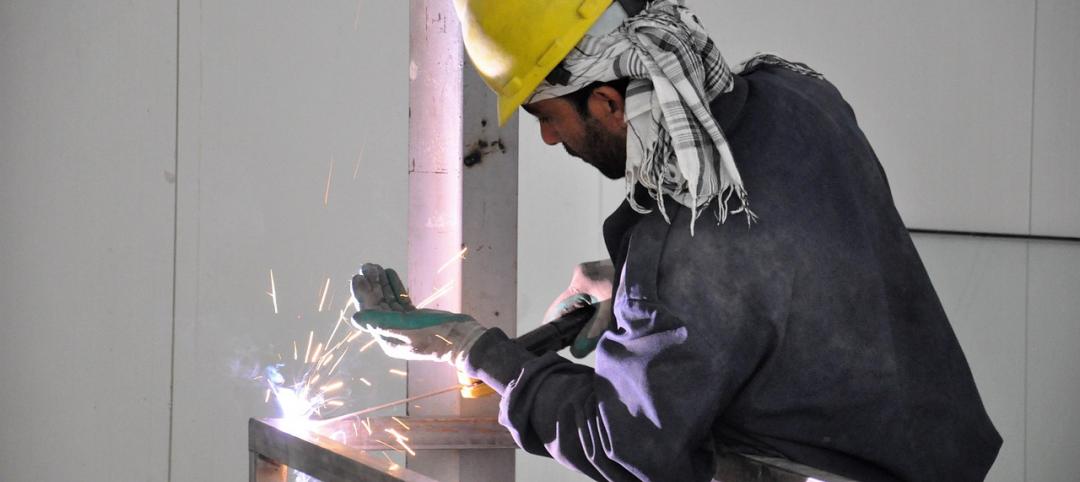Two years ago, a plan to create a smart city project along Toronto’s waterfront was unveiled with great fanfare.
Since then, the proposal, spearheaded by Sidewalk Labs, a subsidiary of Alphabet (Google’s parent company) has prompted extensive public criticism and a lawsuit by the Canadian Civil Liberties Association over data privacy and misuse concerns. The ambitious project was conceived as a showcase for the latest smart city technologies.
The project is to be centered on sustainable and safe transportation systems, and efficient and affordable housing. Technology such as “adaptive traffic lights” would prioritize cyclists and pedestrians and study the possibility of autonomous transit options. Innovative building materials and new occupancy models, like “co-housing”, would offer green, reasonably-priced housing.
With sensors tracking people and vehicles sprinkled throughout the development, privacy rights advocates are concerned that the data could be used for surveillance and discourage people to exercise free speech rights. It didn’t help that at public hearings Sidewalk Labs seemed unable to spell out where this data would be stored and how it would be used.
The company also presented a greatly expanded scope of the proposal from the original 12 acres to a 190-acre area at a public meeting, perhaps misreading the intent of the agreement with the city. These issues have caused delays to the project, but Waterfront Toronto, the city group overseeing it, recently voted to go forward with the 12-acre development.
Other smart city projects around the globe, including in South Korea and India, have been also been plagued by delays and controversies. These challenges indicate that making cities smarter will not be easy.
Related Stories
Codes and Standards | May 30, 2017
Industry Groups move toward Unified Green Building Model Code in 2018
The effort involves combining ASHRAE's Standard 189.1 with the International Green Construction Code.
Codes and Standards | May 30, 2017
OSHA suspends electronic injury, illness reporting requirement
The agency is keeping records from being publicly disclosed—for now.
Codes and Standards | May 30, 2017
Florida preparing to adjust to new building elevation requirements
New floodplain maps and state code changes loom.
Codes and Standards | May 30, 2017
Heated debate over whether Calif.’s prevailing wage requirement stymies affordable housing
There’s disagreement around how much pay regulations add to cost of projects.
Codes and Standards | May 25, 2017
Technology is influencing parking requirement codes in new developments
Uber and Lyft make it easier for urban dwellers to live without owning cars.
Codes and Standards | May 25, 2017
Better Buildings Challenge Partners on track to reduce energy usage by 20% in 10 years
More than 1,000 proven solutions are now available on DOE web site.
Codes and Standards | May 22, 2017
Affordable housing initiative drives surge in residential unit permits in New York City
New permits tripled from year-ago period.
Codes and Standards | May 22, 2017
Amid labor shortage, industry groups urge government action to boost trades
AGC says a shortage of qualified workers is limiting the economy from adding more jobs.
Codes and Standards | May 19, 2017
Spate of sinkhole incidents points to neglected infrastructure investment
Suddenly appearing caverns cause deaths, evacuations, interruption of utility services.
Codes and Standards | May 18, 2017
AIA releases updated edition of its A201 flagship documents
These core documents are updated once a decade.

















